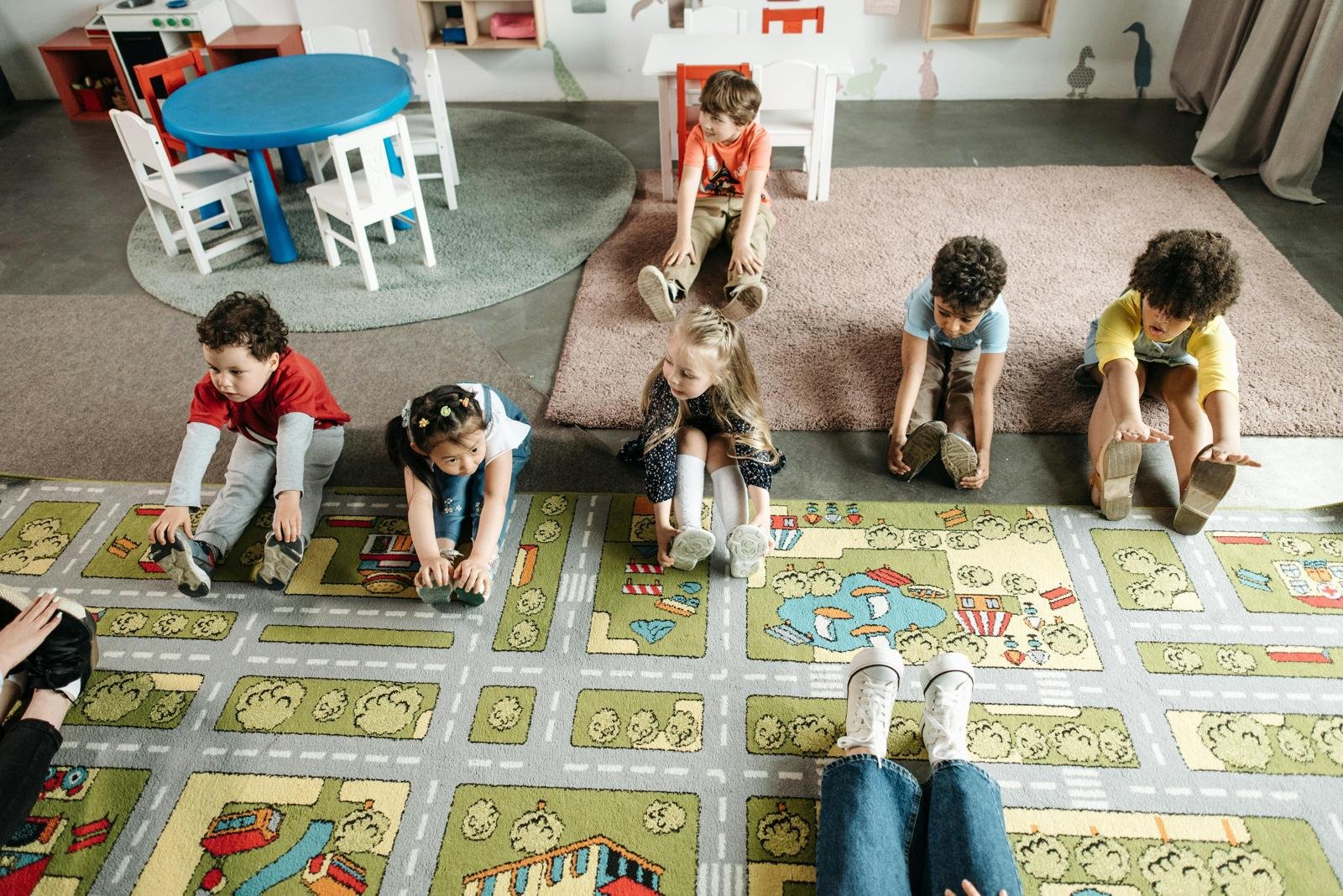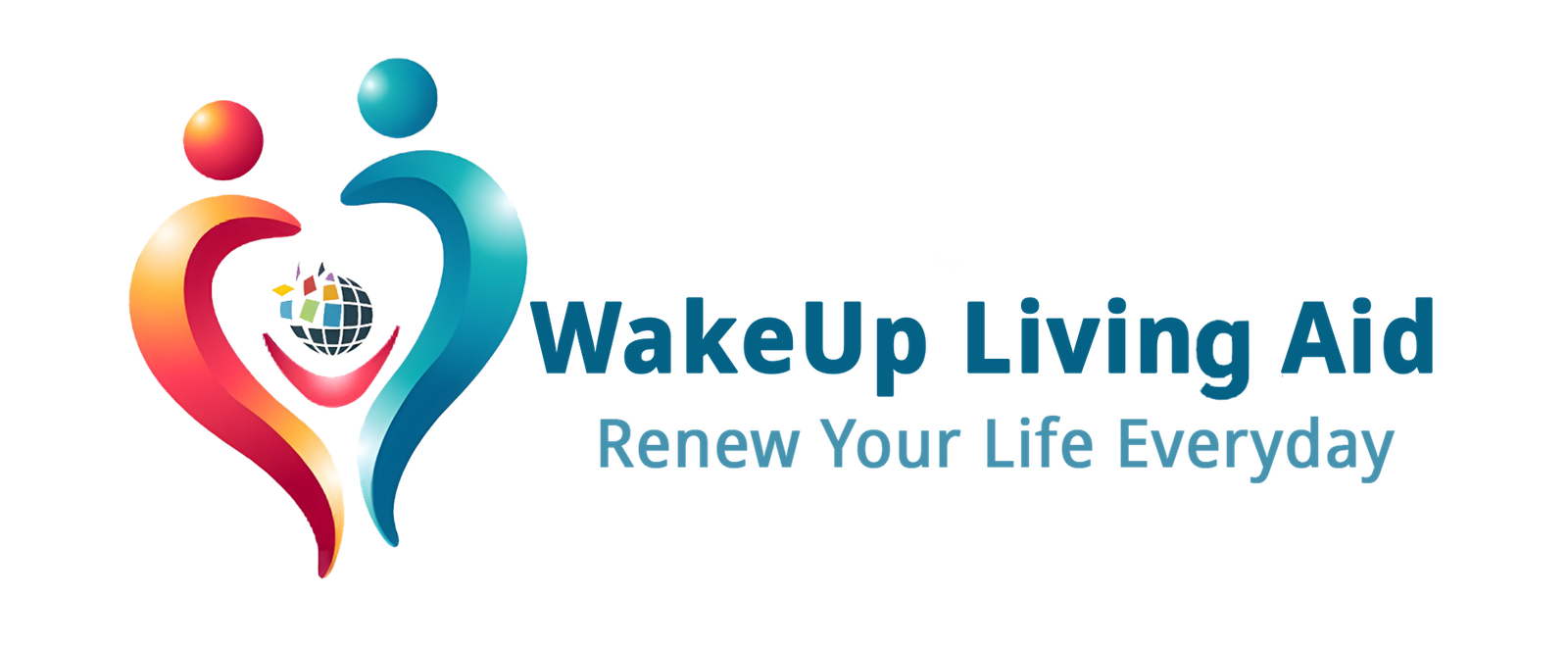
Education and Personal Development Literacy
Overview
Our Education and Personal Development Literacy initiative is rooted in the belief that every individual deserves access to learning opportunities that go beyond basic survival—fostering long-term growth, empowerment, and self-actualization. This program offers continuing education, skill-building workshops, and access to learning resources that help individuals unlock their potential and move toward meaningful, self-directed lives.
Whether clients are newcomers, individuals recovering from crisis, or those who have experienced educational disruption, this program supports learning as a pathway out of poverty, isolation, and dependence. By focusing on literacy in its broadest sense—academic, emotional, digital, and cultural—we equip participants not only to navigate daily life, but to envision and work toward a better future.
Awareness and Education
Our approach emphasizes creating accessible, inclusive learning environments that meet people where they are. We provide a wide range of educational supports, including:
- Adult literacy and foundational learning classes, including English and numeracy.
- Digital literacy training to help clients confidently engage with online tools, job applications, and essential services.
- Personal development workshops that build self-esteem, critical thinking, emotional intelligence, and goal-setting skills.
- Educational navigation assistance, connecting individuals to local colleges, certification programs, and online learning platforms.
We also work to increase community awareness of educational inequities, particularly those impacting marginalized or low-income populations, through partnerships with libraries, schools, and learning centers.
Support, Recovery, and Rehabilitation
Education is not only a tool for advancement—it is a form of healing. Many of our clients have experienced trauma, displacement, or social exclusion that have disrupted their learning journeys. Our program creates safe, supportive environments where individuals can reclaim their right to learn and grow at their own pace.
Supportive elements of the program include:
- Trauma-informed teaching practices that honor each participant’s lived experience.
- One-on-one tutoring and mentorship for learners who need individualized support.
- Learning circles and peer groups that reduce isolation and build confidence.
- Flexible learning schedules and child-friendly spaces, ensuring education is accessible even to parents and caregivers.
Through this model, we help individuals move beyond crisis management into thriving, where education becomes a means of rebuilding identity, increasing employability, and engaging meaningfully with community life.
